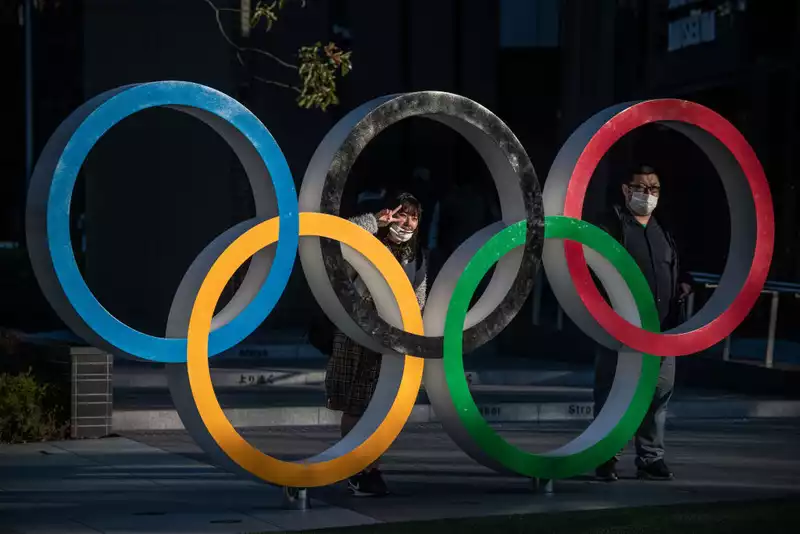International Olympic Committee President Thomas Bach acknowledged Thursday that the Tokyo Olympics, rescheduled for 2021 amid a coronavirus pandemic, could be scrapped entirely if COVID-19 continues to be a public health risk next year.
In an interview with BBC Sport, Bach dismissed the idea of holding the Games "behind closed doors."
"This is not what we want," Bach told BBC Sport. 'The spirit of the Olympics is to bring fans together, and the fact that it's being held at the Olympic Stadium and bringing together fans from all over the world is what makes it unique.'
"But if that decision is to be made. Please give me a little more time to consult with the athletes, the World Health Organization, and our Japanese partners."
Bach suggested that if the Summer Olympics could not be held in 2021, Tokyo would not host the games.
"We cannot continue to employ 3,000 to 5,000 people in the organizing committee forever. We can't have our athletes in a state of anxiety," Bach said."
The 2022 Winter Olympics in Beijing are scheduled just six months after the 2021 Summer Olympics in Tokyo, adding more pressure to the already jam-packed global sports calendar.
"The global sports schedules of all major federations cannot be changed every year. Athletes cannot be in a state of anxiety," Bach said.
"There can be no greater overlap with future Olympic Games.
Whether Tokyo can host the 2021 Games depends on the World Health Organization's recommendations, and Bach said the IOC is committed to holding the Games "in an environment that is safe for all participants."
"Nobody knows what the world will be like a year or two months from now. So we have to rely on [experts] and make the right decisions at the right time based on their advice."
The IOC is considering several possible measures to ensure that the Games can take place, including quarantining athletes and other participants.
"What are the implications for living in the Olympic Village, etc.?" all these different scenarios are being considered, which is why I say it is a mammoth task.
"Once we have a clear view of what the world will look like on July 23, 2021, we will make (an appropriate) decision."
The cost of postponing the Games has had a significant financial impact on the IOC and local organizers, with the IOC setting aside $800 million to offset the cost of rescheduling. The cost to Japanese organizers is estimated to be between $2 billion and $6 billion.
This overrun will likely change the complexion of the Games as the IOC and organizers focus on the essentials and reduce the "nice-to-haves."
When asked why the Games were not postponed sooner, Bach said it was a balance between optimists who suggest waiting for a decision and others who push for immediate action.
"We could have said, 'Okay, that's it,' and canceled [the convention]. The insurance money would have paid out. And we could have started preparing for Paris (in 2024). But this was not a realistic option because it would have deprived the athletes of this unique Olympic experience."
This week, the German Bundesliga resumed non-scheduled matches, a move that brought some relief to Bach and sports fans in general.
"Now we hope that all other sports will come back," Bach said.
"On the other hand, I had some sympathy for the players, thinking how strange it must be for them to play in such a huge stadium.
"So now I hope it is the first step. Sports, like any other organization or social sphere, must respect the rules. But gradually we will be able to come back and then lift these restrictions in a responsible way.
He also called on governments around the world to support sports organizations that have been financially hurt by the shutdown caused by the coronavirus.
.

Comments